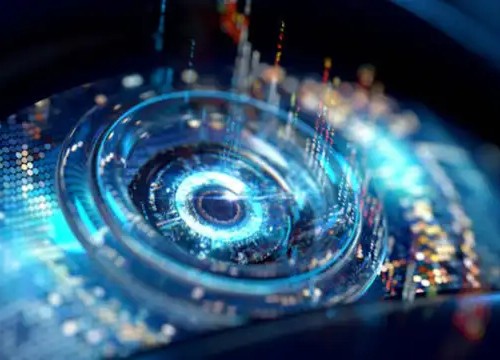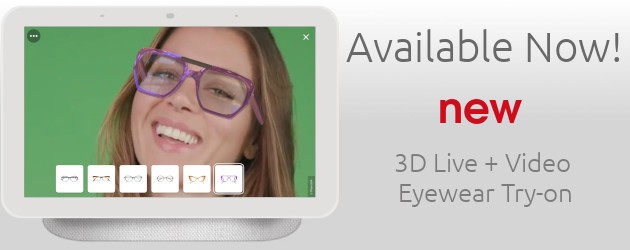Industry News
Neuralink Joins Pioneering Clinical Trial for Bionic Eye Technology
 Neuralink, the brain-interface company co-founded by Tesla CEO Elon Musk, has officially joined a cutting-edge clinical study exploring the use of AI-driven bionic eye technology to restore vision in patients with partial or complete blindness.
Neuralink, the brain-interface company co-founded by Tesla CEO Elon Musk, has officially joined a cutting-edge clinical study exploring the use of AI-driven bionic eye technology to restore vision in patients with partial or complete blindness.
According to a newly posted update on the U.S. federal clinical trials register, Neuralink is a named collaborator in a trial titled “AI-powered artificial vision for visual prostheses.” The study is being led by the University of California, Santa Barbara (UCSB) and aims to assess the performance of artificial vision systems through implanted visual prostheses commonly known as bionic eyes.
The early-stage trial is expected to enroll seven adult participants, including those with Neuralink’s neural implants, “once available,” the filing states. The three key clinical objectives include measuring pattern discrimination accuracy, scene understanding, and overall device performance in visually impaired individuals.
The project is spearheaded by Dr. Michael Beyeler, director of the Bionic Vision Lab at UCSB, and includes Universidad Miguel Hernández de Elche in Spain and Neuralink as collaborating institutions.
The move signals Neuralink’s deeper push into the vision restoration market, complementing its current U.S.-based trials, PRIME and CONVOY, which are focused on enabling communication and motor control in patients with severe paralysis through a brain-computer interface (BCI).
While Neuralink has yet to begin U.S. clinical trials for its Blindsight system, a proprietary neural chip designed to restore visual perception, Musk has stated that the company aims to perform its first human Blindsight implantation before the end of 2025.
This clinical collaboration could pave the way for integrated neuro-AI prosthetics that merge artificial vision with Neuralink’s high-bandwidth brain interface. If successful, the work may represent a significant leap in neuroprosthetic medicine and provide an entirely new framework for vision restoration therapies across the healthcare and assistive tech sectors.



